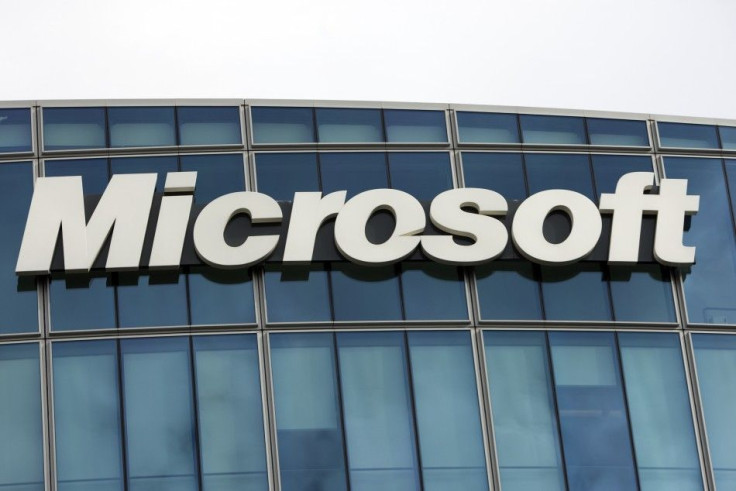Is Microsoft Following Google Again?
Column: Microsoft's Follow the Leader Game

On Friday, technology blogs picked up on a possible Microsoft social media application called Tulalip. The app said on its front page With Tulalip you can find what you need and share what you know easier than ever, before Microsoft developers quickly took it down.
The application allowed users to log-in through Facebook and Twitter accounts and by design of the site, allow users to share content in some way. The company wrote that it was simply an internal design project but there definitely seems to be something going on there.
What's funny about this whole discovery is its timing. The technology world has recently been obsessed with Google's latest entry into the social media market, Google+. Media members have breathlessly reported on all of the latest details of Google+, including numbers of users, newest features, and the potential impact of the application.
Did Microsoft get a bit jealous that all of the attention was on Google? Especially considering the incredibly stellar earnings report the company just released?
And even further, is Microsoft just playing follow the leader with Google again?
Microsoft Bing Missed the Mark
Microsoft saw Google become a media darling with its search engine and clearly realized it needed to get into the market. So the Seattle-based company settled on the weirdly named Bing in 2009. The company pushed it on its entire Windows and Internet Explorer users, hoping that the company's massive reach would enable it to become popular.
But by that point Google was already so entrenched in the market, that Bing was facing an uphill battle from Day One, even if it had all of the Microsoft power behind it.
Recently Microsoft executives claimed that Bing is up to a 15 percent market share and has agreements in place to power all Yahoo! user searches in 2012. Further, it has billed Bing as a decision engine not a search engine, like Google.
While some of this might be true, and Microsoft has seen growth in the engine, have you ever met anyone that prefers Bing to Google?
Google has become a part of our lexicon. It has evolved from a noun to a verb, something that Bing will likely never achieve. When someone says I need to go Bing something, it will likely be the first time.
Bing has an advantage on Google in that Microsoft preloads Bing onto all Windows 7 operating systems, but clearly even that has been unable to launch Bing to the top of the heap. Google still remains the heavyweight in the industry with a 66 percent market share.
Trying to Already Take Down Google Plus?
Microsoft, through Bing, already has a connection with the world's largest social network Facebook. The company also has agreed to buy Skype, which recently became the video chat outlet for Facebook.
But Facebook is Mark Zuckerberg's baby and if Tulalip is real, it shows that Microsoft wants to try its hand in the social media market.
It'd be imprudent to speculate on exactly what Tulalip might allow users to do, but from first glance it seems it would be a Google+ rival. But even if it has some cool new features,which is unknown right now, Microsoft is late to the party once again.
The technology power yet again appears to be reacting to something versus being innovative.
It was forced to react to the immergence of Google and put out the only mildly popular Bing. Now, it has seen the meteoric rise of Facebook and the media buzz over Google+, so it decides to add its own social media app.
The company would have been better suited to try something out years ago, not shortly after Google's most recent social media effort. That's a bit late.
If Microsoft wants to see a return to the glory days it saw in the early to mid 1990s, it needs to be the leader of the pack and make new technology not just respond to it.
Until Microsoft starts doing that, it will continue to follow the dominant Google.
© Copyright IBTimes 2025. All rights reserved.




















